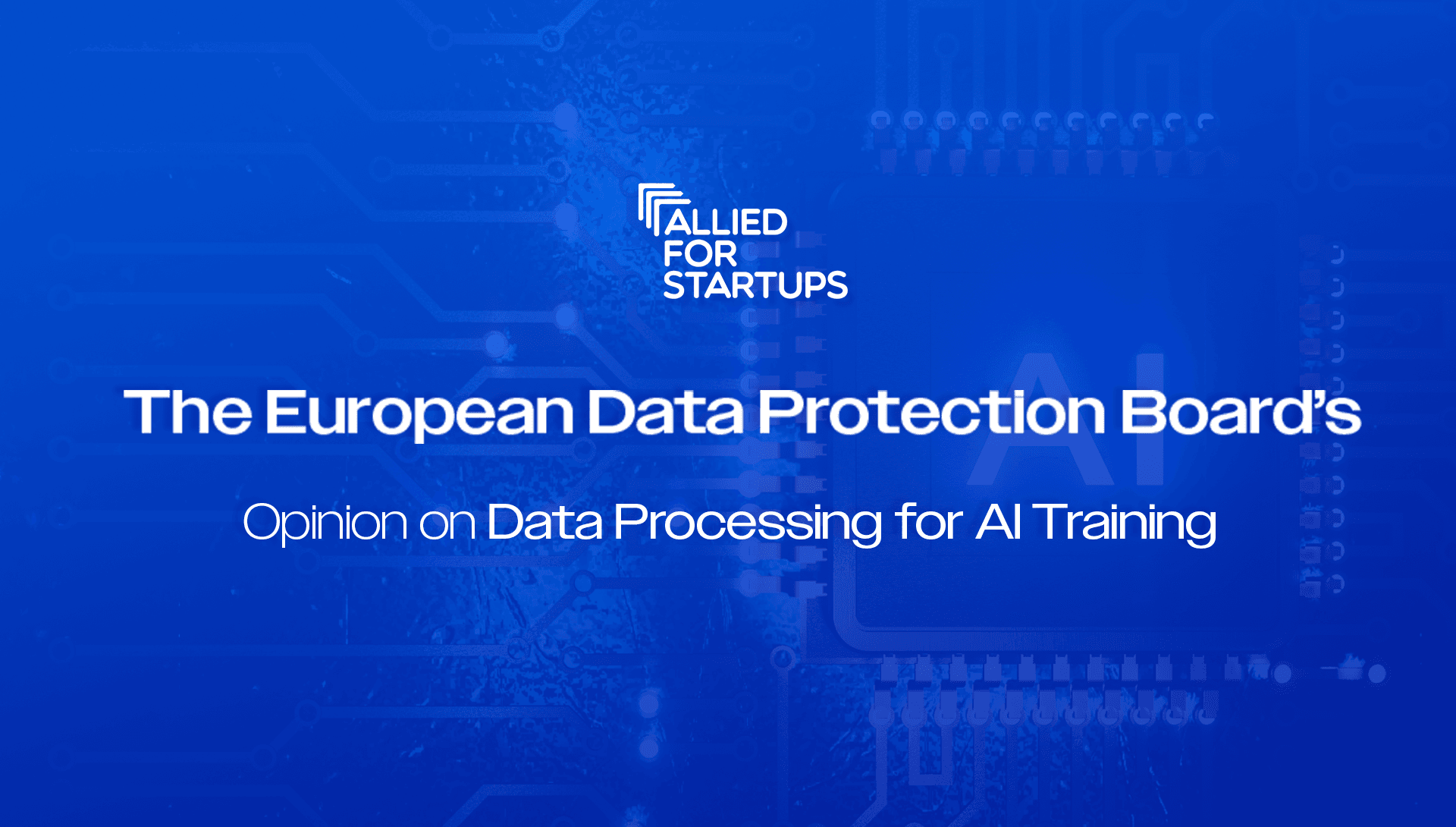The EDPB Opinion on Data Processing for AI Training: What Does it Entail?
Artificial Intelligence is reshaping industries and redefining possibilities, but it also brings new challenges, especially when it comes to data protection. On 18 December, the European Data Protection Board (EDPB), the EU’s data protection watchdog, issued an opinion on data processing for the training of AI models, aiming to balance innovation with privacy. But what does this entail?
The EDPB Opinion on AI models
The EDPB is a crucial regulatory body tasked with ensuring the consistent application of the GDPR, the EU’s landmark data protection regulation, across the bloc. It provides guidance on complex topics, coordinates cooperation amongst national Data Protection Authorities, and works to protect the rights of data subjects. Amongst the documents it can produce, the EDPB can issue non-binding yet influential opinions, which influence how national data protection authorities interpret and enforce data protection issues.
Due to the unique challenges it poses, artificial intelligence – and particularly generative AI – has captured the EDPB’s attention. Models such as ChatGPT require vast amounts of data, thus raising concerns about data subject rights, transparency, and the potential for bias. Furthermore, generative AI’s ability to create human-like content has triggered debates over privacy and ethical use, making this opinion both timely and essential.
In its opinion, the EDPB specifically underscores the risks inherent in AI training. The EU body analyses that personal data processing can lead to breaches of confidentiality, discrimination, or even the misuse of sensitive information. Moreover, the lack of clarity around GDPR’s application to AI, which has been repeatedly underlined by several actors, has created uncertainty, thus stifling innovation in Europe.
Does the EDPB Opinion Truly Help Businesses?
Despite these risks, AI offers immense opportunities. It has the potential to boost economic growth, drive innovation, and enhance competitiveness globally. The key lies in fostering an environment where businesses can leverage AI responsibly, ensuring compliance without unnecessary hurdles.
While the EDPB’s intention to provide clarity is commendable, some experts suggest it might not be the game-changer businesses need, arguing that the opinion lacks practical guidance, potentially leaving businesses in the same state of uncertainty they hoped to overcome. Industry groups have also raised concerns. As noted in a recent joint statement, a “fast-track opinion” might not suffice for such a nuanced issue. Instead, more detailed guidelines could provide the robust framework necessary to balance privacy with innovation.
The joint statement also emphasises several critical points, such as the fact that the EDPB should avoid prescriptive technical solutions, allowing businesses to adapt as AI technology evolves. It also says that the framework should ensure sufficient access to high-quality data without imposing undue barriers to mitigate bias and improve AI systems’ representativeness.
Conclusion
The EDPB’s opinion marks a significant step in addressing AI-related privacy challenges, but it may fall short of meeting the expectations of startups. Striking the right balance between fostering innovation and safeguarding rights is not easy. As AI continues to evolve, regulators, industry stakeholders, and academia must collaborate to refine these frameworks. With a balanced and pragmatic approach, Europe can become a global leader in ethical AI development.

